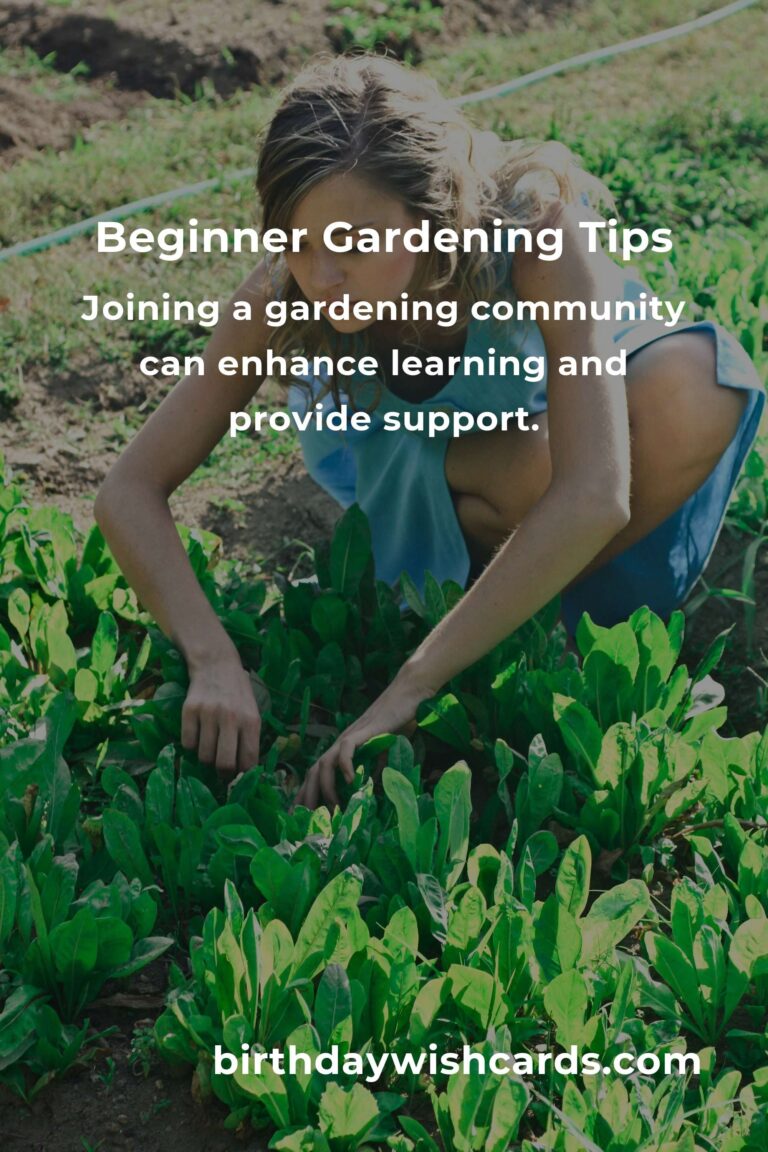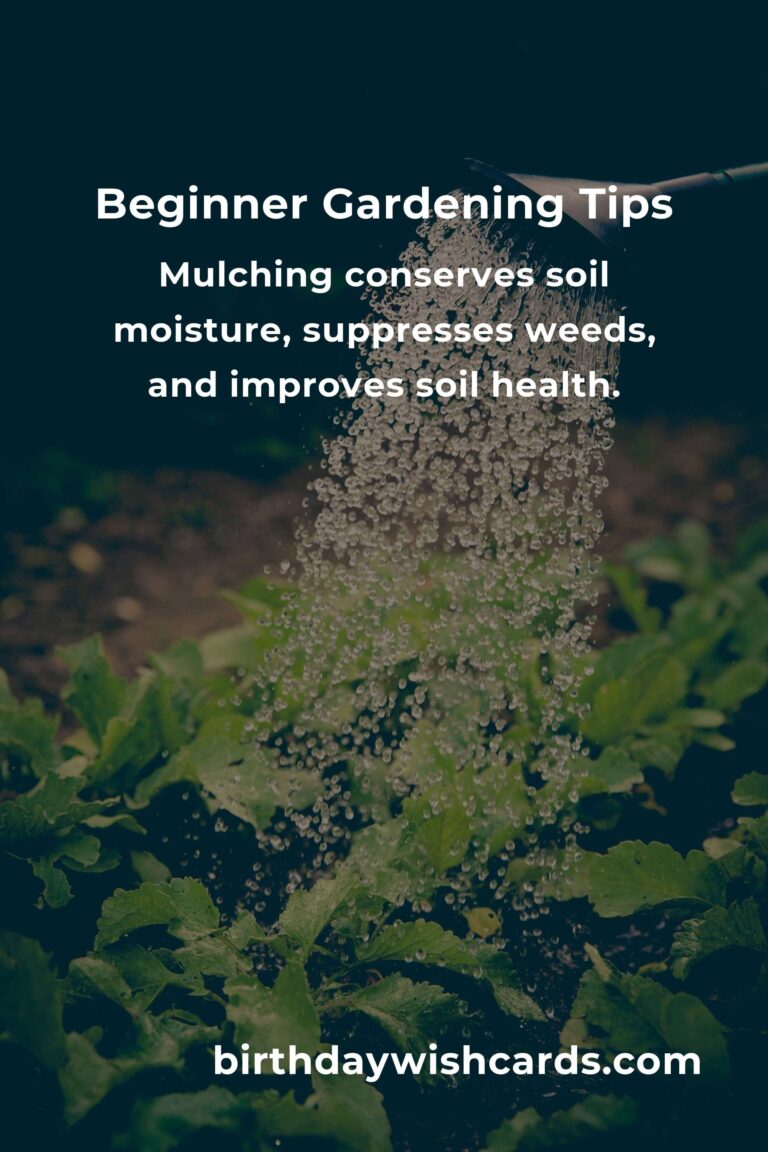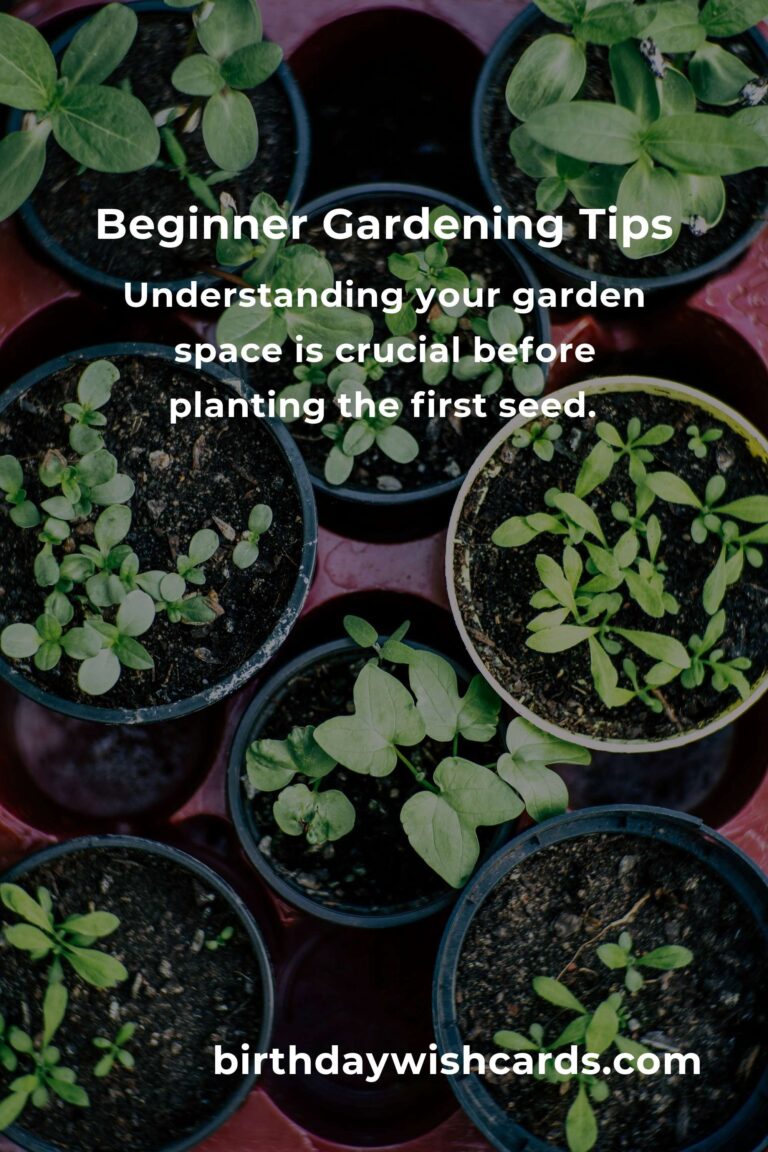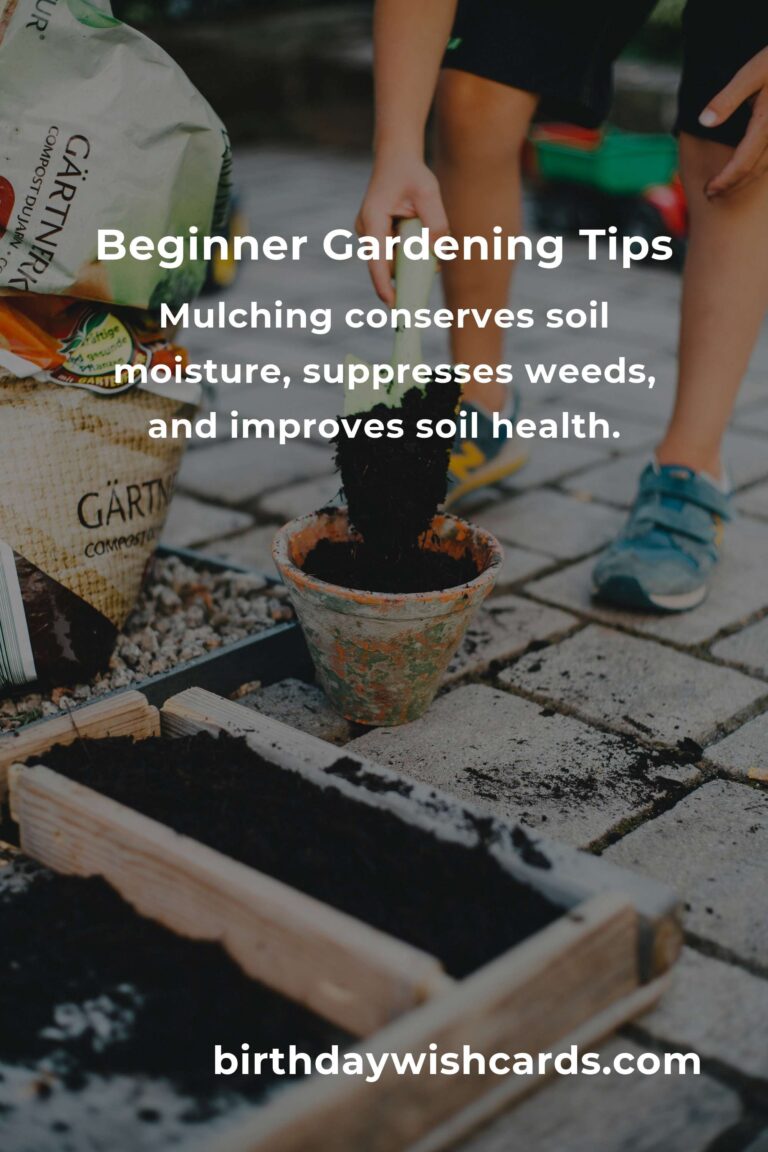
Gardening is a rewarding and fulfilling hobby that brings you closer to nature and provides a sense of accomplishment. Whether you have a spacious backyard or a small balcony, starting a garden can be a great way to grow your own food, create a beautiful landscape, or simply enjoy the therapeutic benefits of nurturing plants. In this article, we will explore some essential gardening tips for beginners to help you get started on your green journey.
Understanding Your Garden Space
Before you plant the first seed, it’s important to understand your garden space. Assess the size of your garden, the amount of sunlight it receives, and the type of soil you have. These factors will influence the types of plants you can grow and how you should care for them. A sunny garden is ideal for most vegetables and flowers, while shady areas are better suited for plants like ferns and hostas.
Choosing the Right Plants
Selecting the right plants for your garden is crucial for success. As a beginner, it’s best to start with easy-to-grow plants that are well-suited to your climate and soil conditions. Some great options for beginners include tomatoes, lettuce, basil, marigolds, and sunflowers. Make sure to read plant labels and research their needs to ensure they are compatible with your garden environment.
Preparing the Soil
Healthy soil is the foundation of a thriving garden. Start by testing your soil to determine its pH level and nutrient content. You can purchase a soil test kit from a garden center or send a sample to a local agricultural extension office. Based on the results, amend your soil with organic matter such as compost or well-rotted manure to improve its structure and fertility.
Watering Wisely
Proper watering is essential for plant health. Most plants prefer deep, infrequent watering to encourage strong root growth. Water your garden in the early morning or late afternoon to minimize evaporation and fungal diseases. Use a soaker hose or drip irrigation system for efficient water delivery and mulching to retain soil moisture.
Mulching for Moisture and Weed Control
Mulching is a simple yet effective technique to conserve soil moisture, suppress weeds, and improve soil health. Organic mulches like straw, wood chips, or shredded leaves decompose over time, adding nutrients to the soil. Apply a layer of mulch around your plants, avoiding direct contact with stems to prevent rot.
Fertilizing for Growth
Fertilizers provide essential nutrients that plants need to grow. Use organic fertilizers such as compost, fish emulsion, or bone meal to nourish your plants. Follow the instructions on the packaging carefully, as over-fertilizing can damage plants and harm the environment.
Pruning and Maintenance
Regular maintenance is key to a healthy garden. Prune dead or diseased branches to promote air circulation and prevent pest infestations. Keep an eye out for weeds and remove them promptly to reduce competition for resources. Additionally, monitor your plants for signs of pests or diseases and take action early to prevent major outbreaks.
Embracing Patience and Observation
Gardening requires patience and keen observation. Plants grow at their own pace, and it’s important to observe changes and respond accordingly. Keep a garden journal to track your successes and challenges, and don’t be afraid to experiment with different techniques or plant varieties.
Getting Involved in the Gardening Community
Joining a local gardening club or online community can be a great way to learn from experienced gardeners and share your own experiences. Participating in community gardens or attending gardening workshops can also provide valuable hands-on learning opportunities.
Gardening is a journey, and every gardener’s path is unique. By starting with these fundamental tips and embracing the learning process, you can cultivate a flourishing garden and enjoy the many benefits it brings.
Gardening is a rewarding and fulfilling hobby that brings you closer to nature and provides a sense of accomplishment. Understanding your garden space is crucial before planting the first seed. Choosing the right plants for your climate and soil conditions is key to successful gardening. Healthy soil is the foundation of a thriving garden, so soil preparation is essential. Proper watering techniques help maintain plant health and promote strong root growth. Mulching conserves soil moisture, suppresses weeds, and improves soil health. Regular maintenance, including pruning and weeding, is vital for a healthy garden. Gardening requires patience and observation to respond to plant growth and challenges effectively. Joining a gardening community can enhance learning and provide support.
#Gardening #BeginnerGardeners #PlantCare #GardenTips #SoilHealth #OrganicGardening













